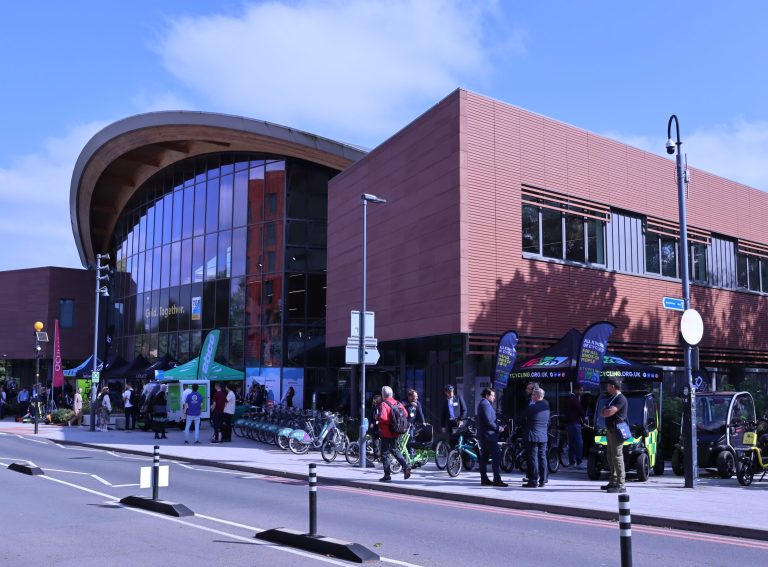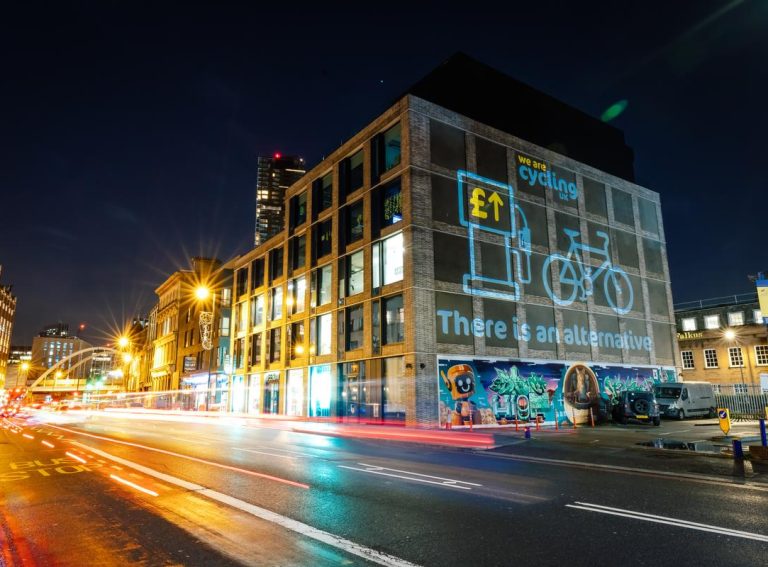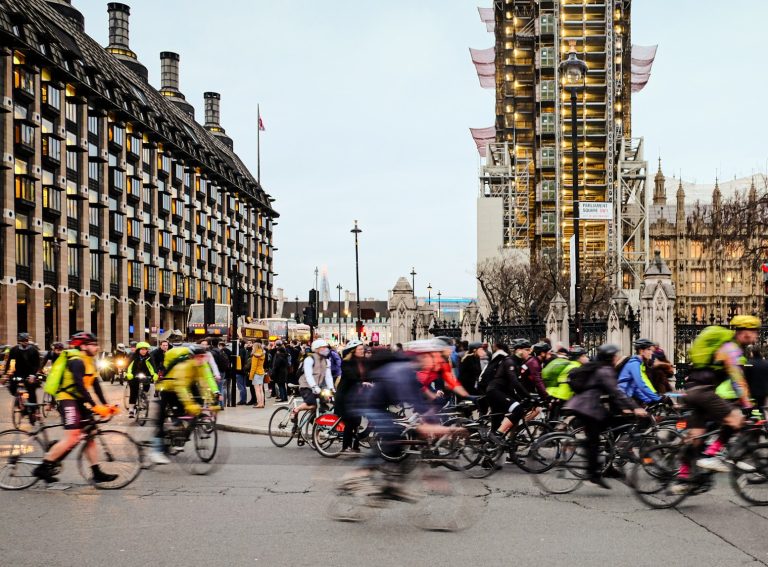A survey from climate charity Possible off the back of its ‘Going Car Free 2022’ challenge has found that 98% of respondents plan to continue reducing their car use.
More than 200 people took part in the survey following the challenge, which had nearly 1,000 regular drivers give up their car in July either completely or for key journeys.
The UK-wide challenge invited people to try light electric vehicles and public transport as a means of getting around to help re-evaluate their relationship with private cars. This included replacing weekly grocery shops, commuting to work with a low-carbon transport alternative or going car-free for a week or month.
“It was particularly insightful to see how people want to travel without a car,” Possible’s Car Free Birmingham Campaigner Sandra Green told Zag Daily.
“Out of all of the low-carbon alternatives our respondents used to replace their personal car journeys, the bicycle came out on top with just over half of respondents strongly agreeing that they would like to use a bicycle for their daily travel needs.
“It’s often said that once you’ve tasted car-free life, you won’t want to go back. But what we need now is the infrastructure to empower people to use low-carbon transport. That means expanding dedicated cycleways, improving public transport availability, expanding traffic reduction methods, and widening pavements to help people walk and wheel.”
In total, 84% of survey respondents used their car less. Specifically, 31% said they used their car a little less than usual, 22% said they used their car a lot less, 13% used their car just once and 18% did not use their car at all. The other 16% of respondents either live car free or already use their cars minimally so did not reduce their car use much during the challenge, though it did help them think about how to reduce their car journeys further.
The top three reasons why participants took part in the challenge were to reduce their carbon emissions (81%), concerns about air pollution (72%) and wanting to take up active travel for the benefit of personal health (64%).




